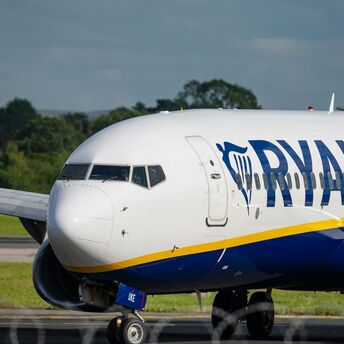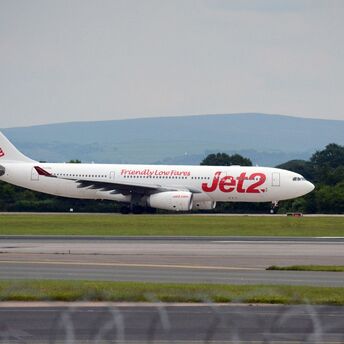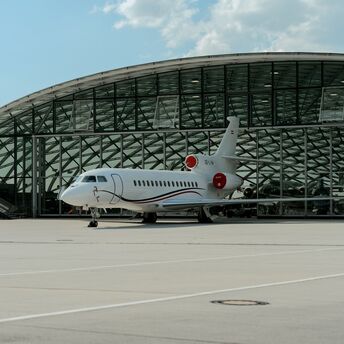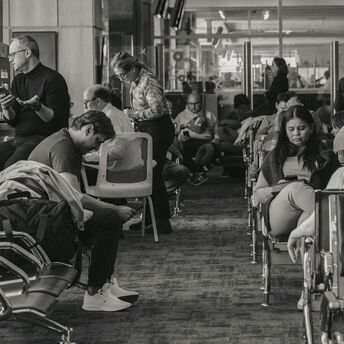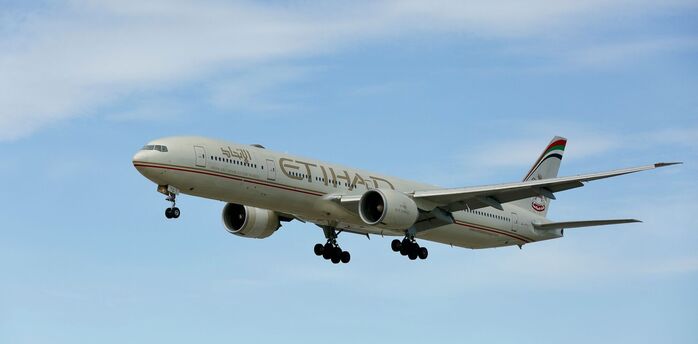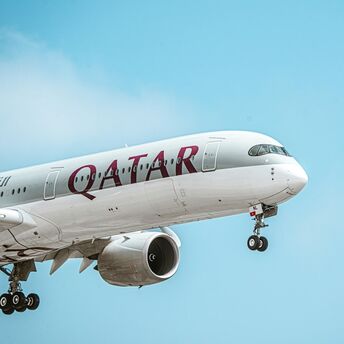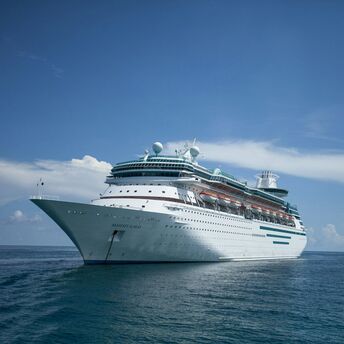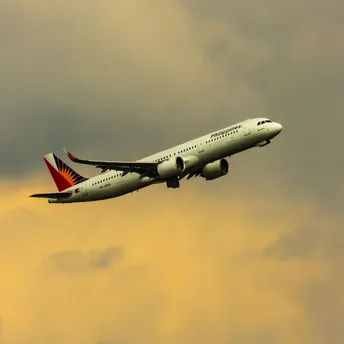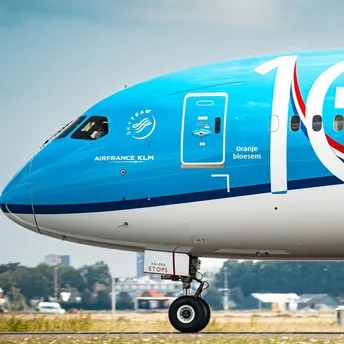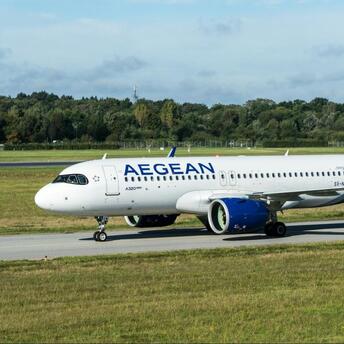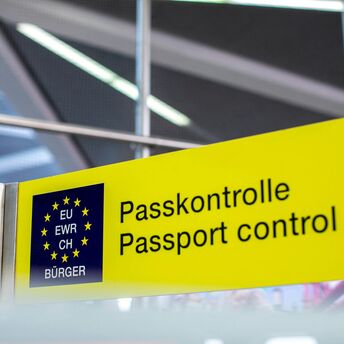The Dirtiest Parts of Airplanes According to Flight Attendants
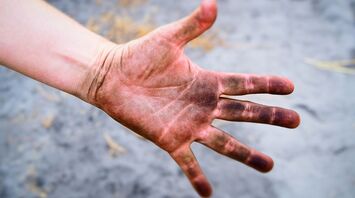
According to data collected by the New York Post, flight attendants are raising alarms about some of the dirtiest parts of airplanes, which could be a concern for health-conscious passengers. Various social media posts highlight several areas and practices that passengers should be aware of to avoid coming into contact with germs.
Hand Hygiene Issues
Another critical point raised is the inability of flight attendants to wash their hands during beverage service. Due to the fast-paced nature of their work, there simply isn’t enough time to maintain proper hand hygiene between serving drinks, which can lead to the spread of bacteria.
Airplane Toilets and Toilet Paper
Miami-based flight attendant @flightbae.b has warned passengers against using airline toilet paper, suggesting that it is often contaminated. Instead, she advises using tissue paper, which is generally cleaner. This recommendation is based on the observation that toilet paper can become contaminated during the frequent use of the airplane restroom by passengers.
Dirty Ice Trays
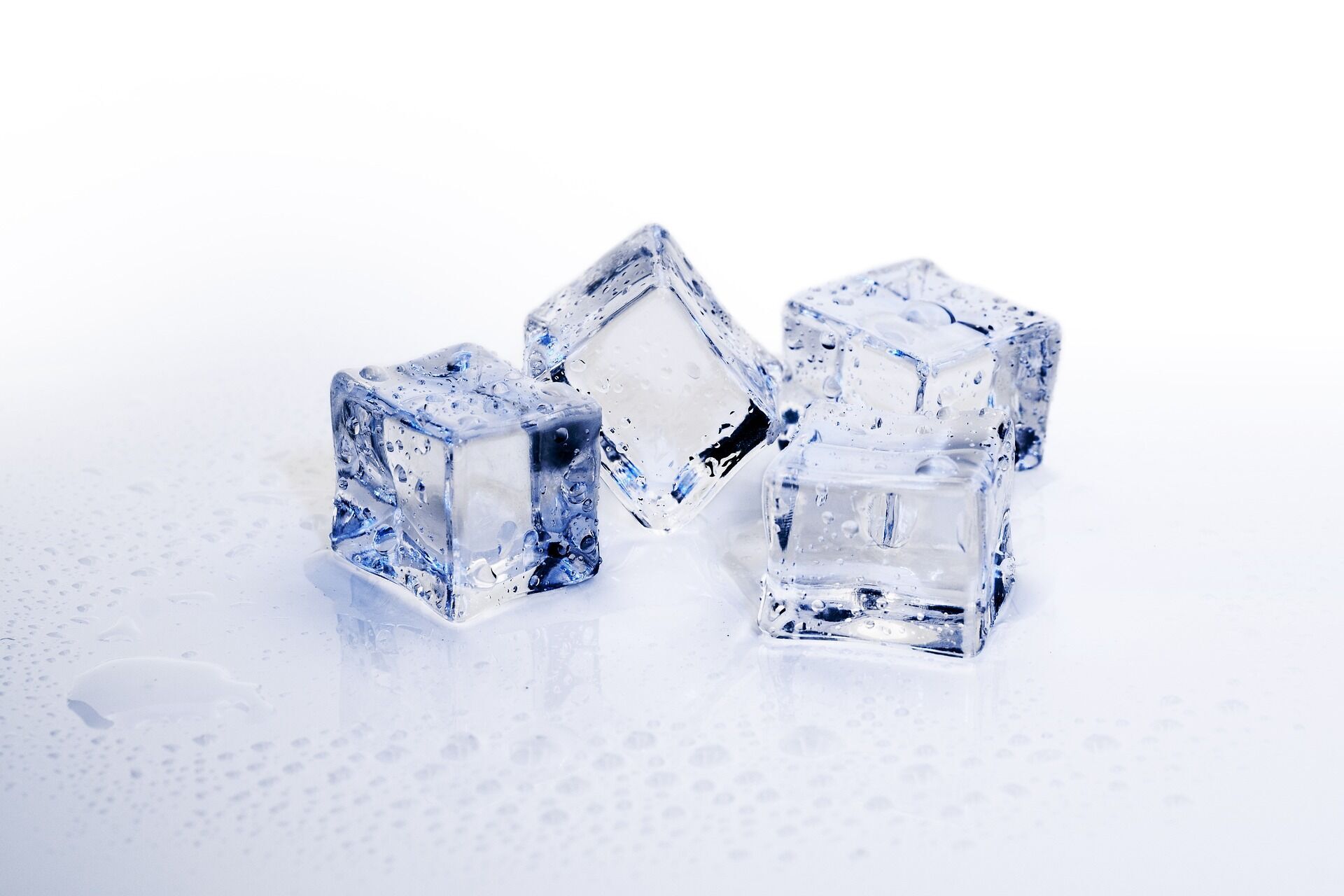
One of the most alarming revelations comes from a flight attendant who posted on Reddit, advising passengers to avoid ice in their drinks. The attendant explained that the ice trays are rarely cleaned, and the ice is scooped into them without much sanitation. This lack of cleanliness can lead to the spread of germs through the ice.
Passenger Behaviors
Experienced flight attendants also point out certain passenger behaviors that contribute to a less hygienic environment in the cabin. These include using personal grooming tools like foot pumice and engaging in other unhygienic practices that can spread germs.
Safe Seating Choices
For those looking to minimize germ exposure, experts recommend choosing window seats. Research has shown that window seats tend to be more sterile compared to aisle seats, which are frequently touched by passengers moving through the cabin.
Key Takeaways for Travelers
- Avoid ice in drinks due to rarely cleaned trays.
- Be aware of flight attendants' limited ability to wash hands during service.
- Use tissue paper instead of toilet paper in airplane restrooms.
- Be mindful of personal hygiene and avoid engaging in grooming activities in the cabin.
- Choose window seats for a more sterile environment.



